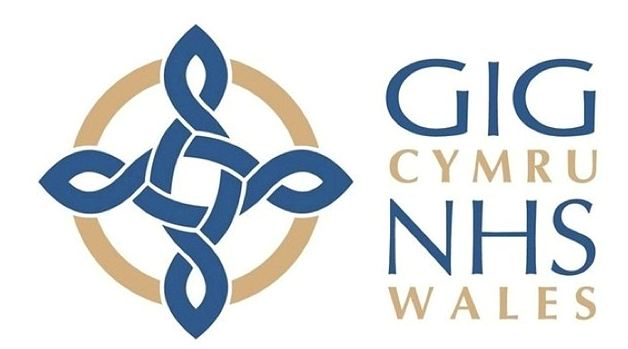
There are a number of reasons why patients are referred to the cancer genetics service. Often this is because they are concerned by the number of their relatives that have been diagnosed with the condition. We also see patients who we know might be at an increased risk of cancer because we have already found a gene change in them or one of their relatives.
Unfortunately cancer is very common. So common in fact that most people have at least one relative who has had a form of cancer. The majority of cancers, more than 90%, occur by chance because of a combination of different factors. This may include some genetic factors but also many environmental factors. Fortunately, it is only in a small percentage of families that there appears to an altered gene passing down through the family which greatly increases a person’s risk of developing cancer.
If you are concerned you may a genetic condition which increases your risk of cancer, we would encourage you to discuss this with one of your healthcare team. They will then decide if you need to be seen by the AWMGS.
Family history questionnaire
If you are referred to the AWMGS because of a family or personal history of cancer, the process is slightly different to being referred to us for other reasons. This is because not everybody will need a clinic appointment.
Unless we already know your family or know the genetic change which has been found in you or one of your family members, we will usually send you a family history questionnaire. This helps us gather as much information as posible about your family and the people who have had cancer. This will help the team to make an assessment of the risk for you and your family, and discuss any screening and/or testing that may be available.
 |
It is very important that you include as much detail as possible on the questionnaire. |
The family history questionnaire should be posted back to us using the prepaid envelope so we can begin our assessment of you and the family. If you no longer have the envelope, you can send the questionnaire to us at the address on your letter.
Once the questionnaire is received in the department, our team will draw a diagram of your family history and they may contact you if further information is required. Once an assessment is made by the team, you will receive a letter informing you about our assessment. Not everybody will need an appointment. We might even arrange increased health screening without the need to see you in clinic.
Alternatively our assessment might determine that you will benefit from having an appointment. In this scenario, we will arrange an appointment for you to be seen by an appropriate team member.
Your cancer genetics appointment
During an appointment we ask further questions about you and your family. If you need to be examined, you will be seen by one of the doctors. For some patients, especially those with a known genetic change in the family, genetic testing may be helpful. This will be discussed during the appointment.
We understand there are many questions you may have prior to your appointment with us. To make things easier, we've compiled a handy list of our most commonly asked questions to guide you.
HRT and Family History Leaflet |

